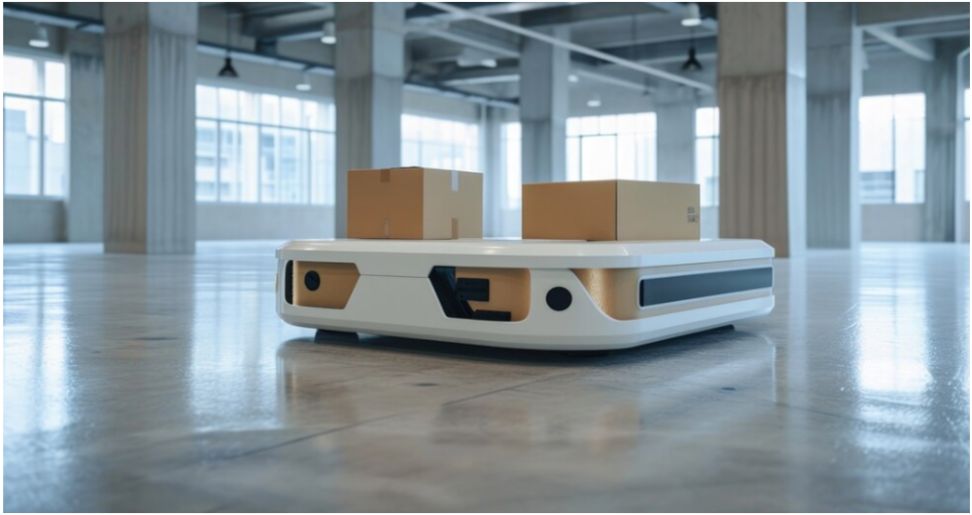The industrial weighing sector, a cornerstone of numerous industries, from manufacturing to logistics, continues to evolve at a rapid pace. In 2024, the landscape of industrial weighing scales is set to transform significantly, driven by technological advancements and the ever-increasing demand for precision, efficiency, and integration within industrial operations. This article delves into the innovations poised to reshape industrial weighing and highlights what stakeholders can expect in the coming year.
Advanced Sensor Technology
One of the most critical components of Industrial Weighing Scales is the sensor. In 2024, advancements in sensor technology are anticipated to enhance the accuracy and reliability of industrial scales. High-precision load cells, capable of detecting minute weight variations, will become more prevalent. These sensors will not only improve the accuracy of weight measurements but also ensure consistent performance in challenging industrial environments, such as those with extreme temperatures or high humidity.
Integration with IoT and Industry 4.0
The integration of the Internet of Things (IoT) and Industry 4.0 principles is revolutionizing industrial operations, and industrial weighing scales are no exception. In 2024, we can expect to see more scales equipped with IoT capabilities, enabling real-time data collection and analysis. These smart scales will communicate with other machinery and systems, facilitating seamless integration into automated production lines and inventory management systems.
For instance, an industrial weighing scale in a manufacturing plant can transmit weight data directly to a central database, triggering automatic reorder processes when material levels drop below a certain threshold. This connectivity not only streamlines operations but also reduces the risk of human error, ensuring more accurate inventory management and improved overall efficiency.
Enhanced User Interfaces and Software
User interfaces and software for industrial weighing scales are also set to undergo significant enhancements. Modern scales will feature intuitive touchscreens, allowing for easier operation and more accessible data visualization. Advanced software will offer comprehensive reporting capabilities, enabling users to generate detailed weight analysis and historical data reports with just a few clicks.
Moreover, these systems will support remote access, allowing operators to monitor and control weighing operations from any location. This is particularly beneficial for large-scale operations with multiple weighing stations spread across different sites. Remote diagnostics and troubleshooting will further reduce downtime and maintenance costs.
Wireless and Cloud Connectivity
Wireless technology and cloud connectivity are becoming integral to industrial weighing solutions. In 2024, expect to see more wireless-enabled industrial weighing scales that eliminate the need for cumbersome cables and allow for greater flexibility in scale placement. This innovation is particularly valuable in environments where mobility and space constraints are significant considerations.
Cloud connectivity, on the other hand, will provide a centralized platform for storing and analyzing weight data. Companies will be able to access real-time data from multiple locations, facilitating better decision-making and improving overall operational transparency. This shift towards cloud-based solutions will also support predictive maintenance, as data analytics can identify potential issues before they result in scale failures.
Sustainability and Energy Efficiency
As industries worldwide strive to reduce their environmental footprint, sustainability and energy efficiency are becoming key focus areas in the development of industrial weighing scales. In 2024, we can expect to see scales designed with eco-friendly materials and energy-efficient components. Solar-powered scales and those with low power consumption will gain popularity, particularly in remote or off-grid locations.
Manufacturers are also exploring ways to extend the lifespan of industrial weighing scales, reducing the need for frequent replacements and thereby minimizing waste. This commitment to sustainability aligns with broader industry trends and regulatory pressures aimed at promoting greener industrial practices.
Customization and Modular Design
Finally, customization and modular design will play a significant role in the future of industrial weighing scales. Industries have diverse and specific weighing needs, and one-size-fits-all solutions are often inadequate. In response, manufacturers are developing modular scales that can be easily adapted and customized to meet unique operational requirements.
Whether it’s integrating specific sensors, incorporating additional software features, or modifying the physical design to fit constrained spaces, these modular solutions will provide unparalleled flexibility. This approach not only caters to the specific needs of different industries but also ensures that businesses can scale and adapt their weighing solutions as their operations evolve.
Conclusion
The innovations in industrial weighing scales set to emerge in 2024 promise to enhance accuracy, efficiency, and integration within industrial operations. From advanced sensor technology and IoT integration to enhanced user interfaces, wireless connectivity, sustainability, and customizable designs, the future of industrial weighing is both exciting and transformative. As industries continue to demand more precise and efficient weighing solutions, these innovations will play a crucial role in driving operational success and fostering a more connected and sustainable industrial landscape.
Have A Look :-




